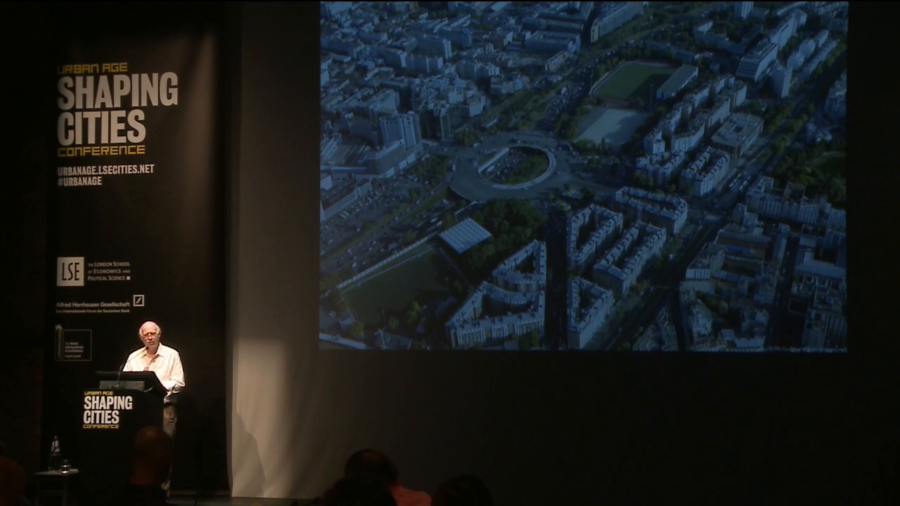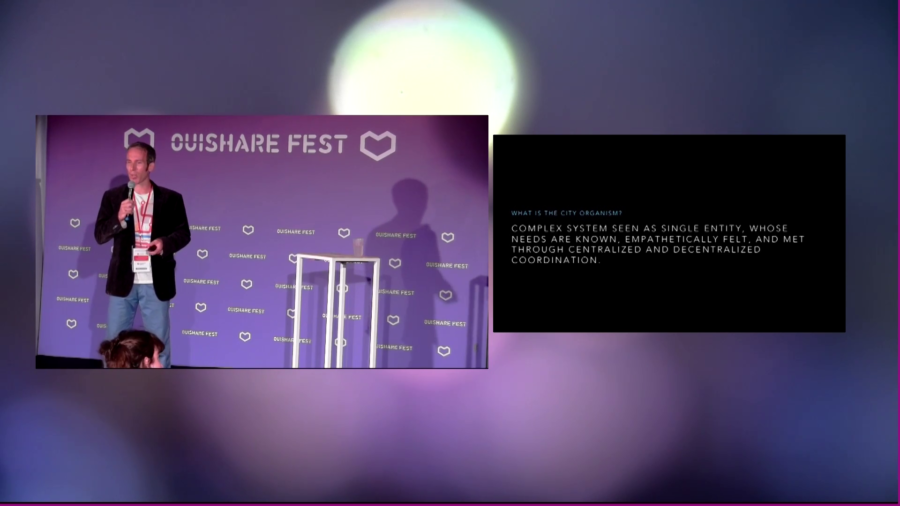In my view, what an open city means is that people are exposed to one another. That’s my idea of the open city, that it’s a place where physical presence with the other, and comfort with the physical presence of the other, does the work of allowing people to live together even if they are not engaged in the process of negating their differences.
Archive (Page 1 of 2)
One very interesting addition to the public space is how we are conditioning and defining the public space with regards to eventual attacks. And it’s changing the landscape radically. And the very first knee-jerk reaction was concrete blocks in front of many institutions. Now they’re trying to design these concrete blocks so they seem something which is part of the landscape but the presence and the robustness is still so violent that it’s hard to hide the intention.
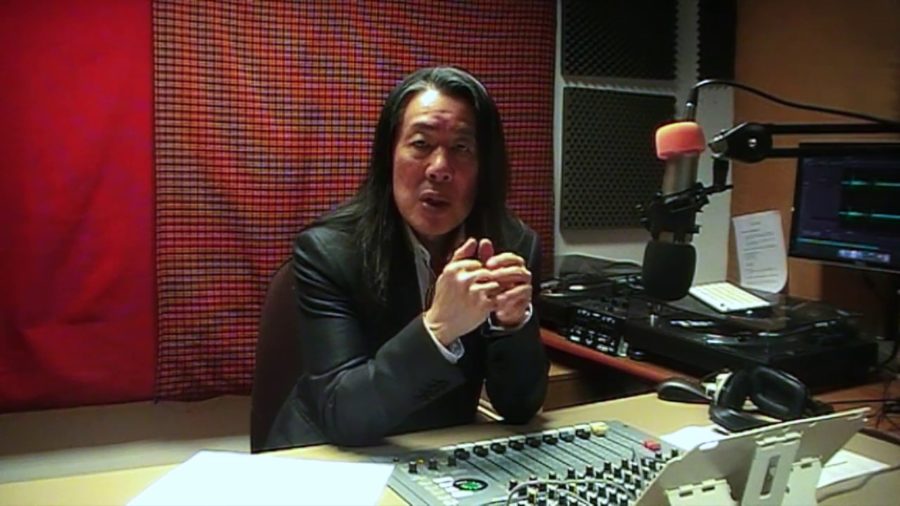
Is there actually any such thing as a Hindu state? Mr. Modi, the Prime Minister of India is the representative of the BJP, the Bharatiya Janata Party, which stands for Hindu values. Hindu values as foundation values for the Indian state. And yet it’s very difficult to talk about such foundation values for an Indian state as if it had existed since time immemorial.
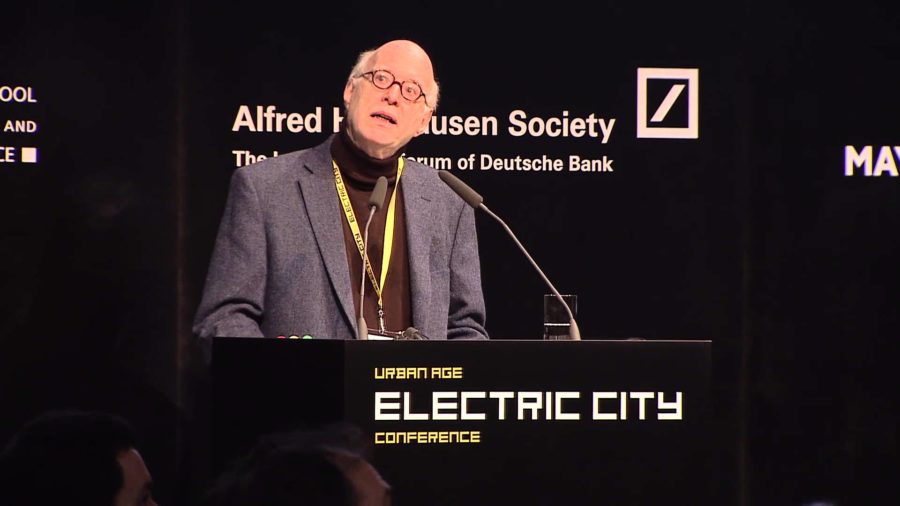
What I’m worried about is that with the technological tools that we have today, as in the past, our first use of them is the least inventive that we can make. And the issue is how urbanists can actually use these new tools well rather than use them in a way which is harmful.
To me…we all draw our satisfaction from what we ourselves have been able to do with our lives. And if somebody, some government or someone else is just giving to me, I’m not going to be a happy person.
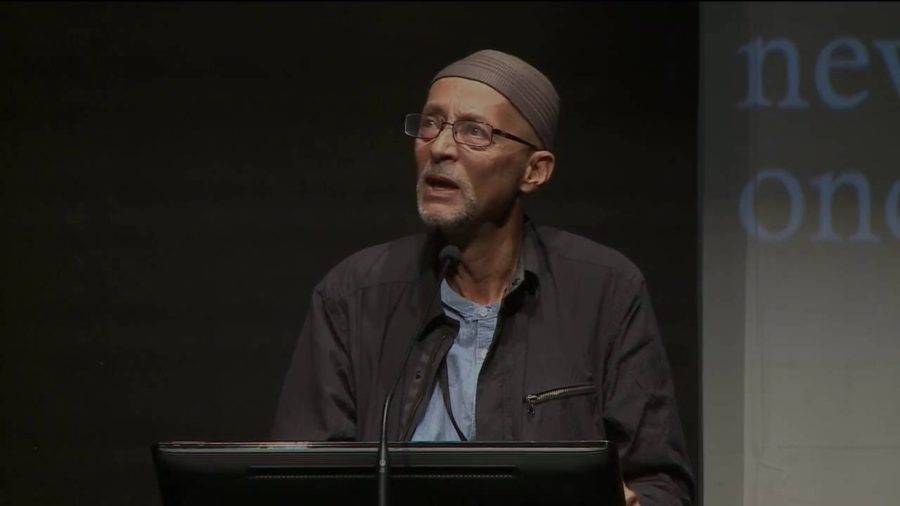
There seems to be a rush to exceed time, to produce urban environment and sociality for which we have no language, something that goes beyond speculation, something cut loose from having to make sense now. The city cut loose from what it had embodied or promised.
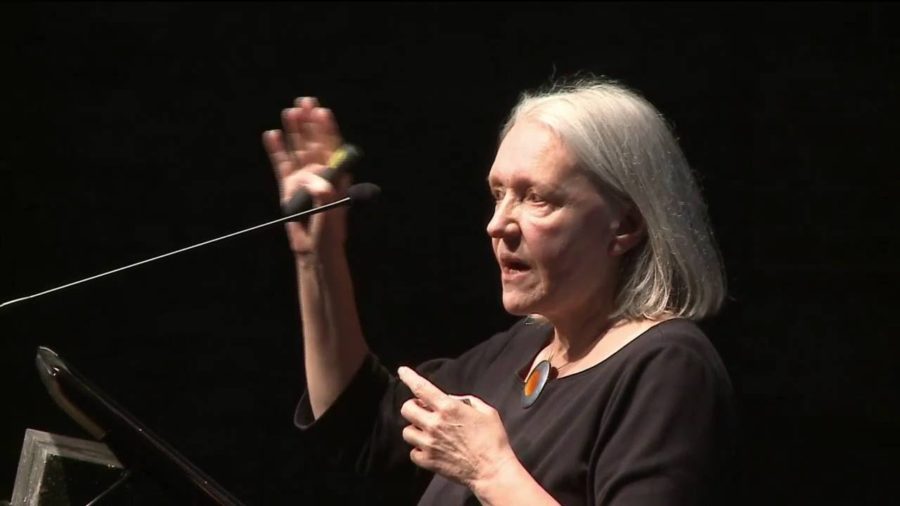
For me a city…is a complex but incomplete system. And in that mixity of complexity and incompleteness lies the capacity of cities to have very long lives. Much longer lives than very powerful corporations, which often are very closed systems.
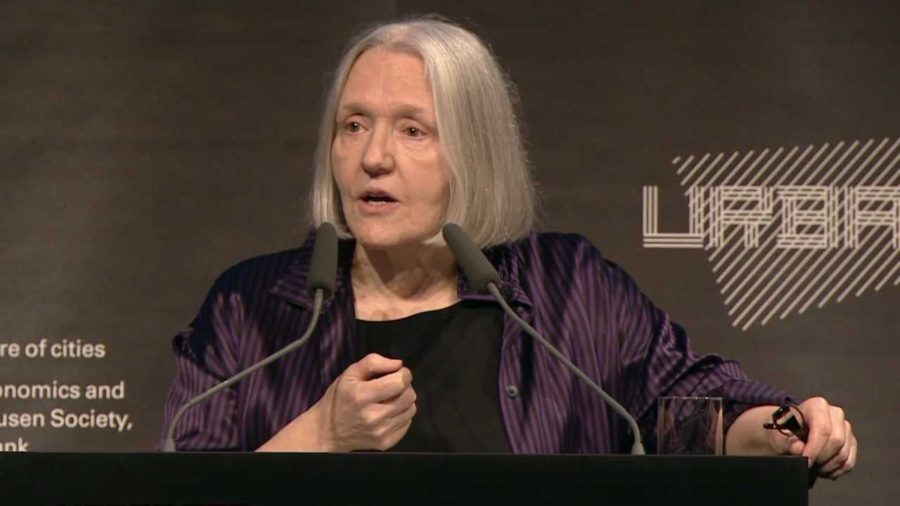
Cities have become sites, places, for massive deployments of increasingly complex and all-encompassing technical systems, some of them good, some of them dubious.
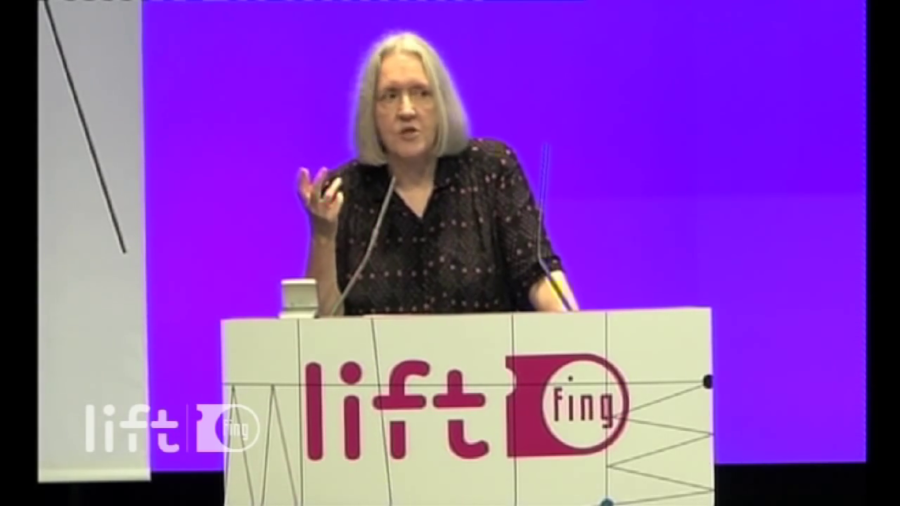
For me, the notion of urbanizing technology really is part of a larger sort of effort that I’ve been working on for a very long time. … [T]echnologies that enable interactive domains deliver, give, their technical capacities through ecologies that are more than just the technical capacity itself.

